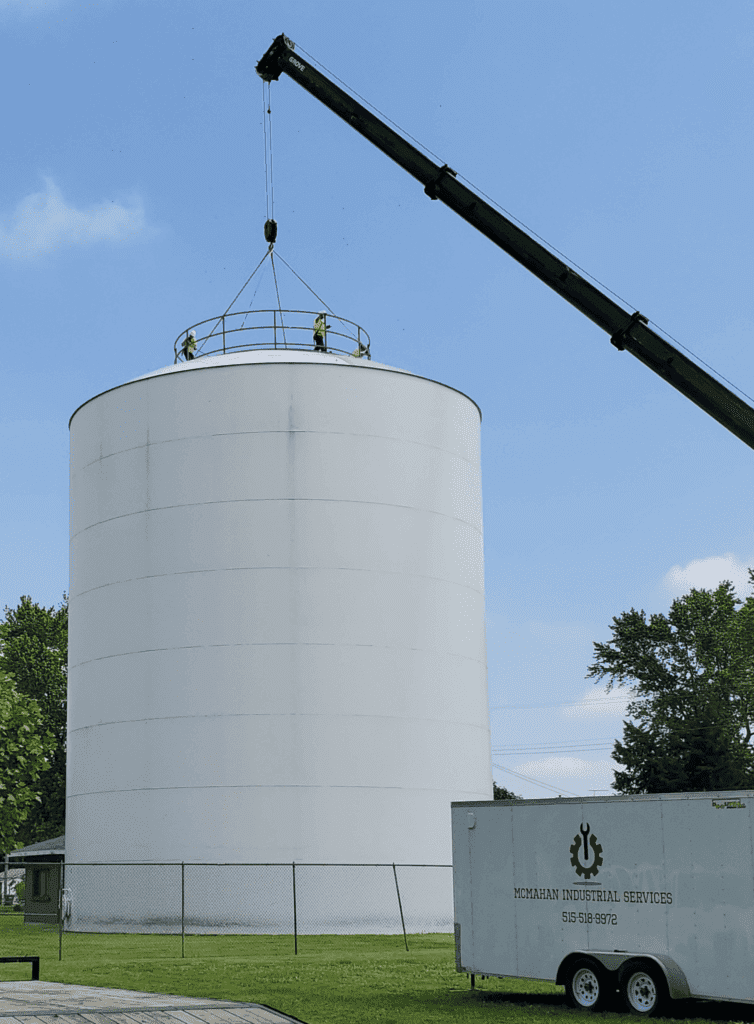Understanding the important role of heat treatment in repair welding for aerial projects in Minneapolis, MN is crucial. Heat treatment boosts the strength and durability of welded joints, relieves internal stresses, and refines the material's structure.
Keeping welding temperatures in check is key to producing high-quality welds that meet safety standards. This process safeguards metal integrity, prevents issues like cracks or weak spots, and ensures structural stability.
Seeking advice from McMahan Industrial Services can offer valuable guidance on suitable techniques for aerial welding projects. To streamline your repair work with precision and efficiency, consider arranging a consultation to address safety aspects and tap into the expertise of seasoned professionals.
Heat Treatment Significance
Understanding the crucial role of heat treatment is vital for ensuring the strength and performance of aerial welding joints. Heat treatment transforms the material, enhancing properties like strength and durability. This process relieves internal stresses, boosts hardness, and refines the welded material's microstructure.
By correctly using heat treatment, you can maintain welding integrity and reduce the risk of defects such as cracks or brittleness. The quality of the weld directly depends on how well heat treatment is done. Prioritizing this step leads to stronger, more reliable aerial welding joints that meet safety standards and perform well in different conditions.
At McMahan Industrial Services, we emphasize the importance of proper heat treatment for top-notch aerial welding results.
Welding Temperature Control Importance
Maintaining precise control over welding temperatures is crucial for achieving top-notch aerial welds that meet safety standards and perform consistently in different conditions. Understanding how temperature affects welding techniques and metal properties is key during the welding process. By controlling the heat effectively, you ensure the metal retains its desired strength and integrity. This control helps avoid issues such as cracks, distortion, or weakened joints that could jeopardize the weld's structural integrity.
Consistent temperature management also plays a significant role in producing uniformity and structural stability in the welded joint. This enhancement boosts the overall quality and durability of the weld. Remember, precise temperature control is essential for creating safe and reliable aerial welds, especially when working with McMahan Industrial Services.
Heat Treatment Benefits
To enhance the performance and durability of aerial welds, incorporating heat treatment brings numerous benefits. Heat treatment is crucial for boosting metal strength and improving material properties.
By carefully heating and cooling the welded area, the metal's internal structure is refined, reducing brittleness and increasing overall strength. This process also helps release residual stresses that could weaken the weld, ensuring a more reliable and long-lasting repair.
Proper heat treatment improves the hardness and toughness of the material, making it more resilient in challenging aerial conditions. Prioritizing heat treatment in repair welding is essential for safer and more effective operations at McMahan Industrial Services.

Schedule Expert Welding Consultation!
Need to ensure the strength and durability of your aerial welds?
Book a consultation with McMahan Industrial Services today to improve your repair process with precision and efficiency.
Our expert welders will advise you on the most suitable welding techniques for your specific aerial welding project.
Gain valuable insights into best practices for welding in aerial environments to achieve reliable and long-lasting welds.
With our guidance, you can proactively address potential challenges and safety concerns, enhancing the quality and reliability of your welds.
Don't wait – Contact Us Today to meet your welder needs and let us exceed your expectations! Also, browse our project gallery for an idea of projects we undertake or check Google reviews.


